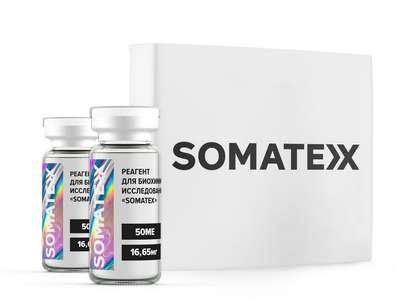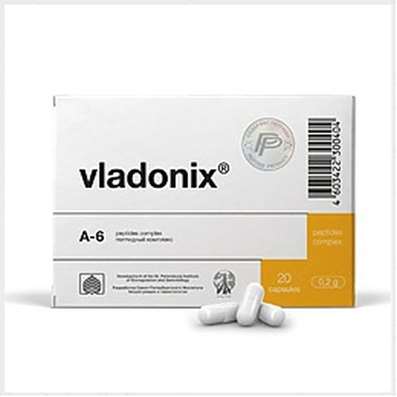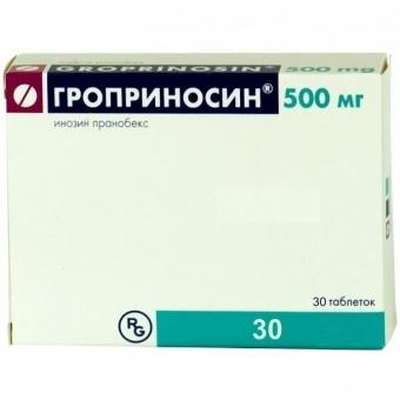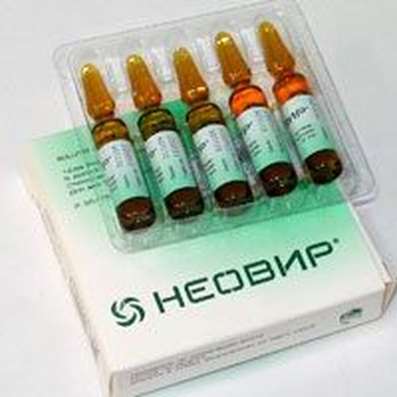Most effective antipsychotics in bipolar depression
09 Jan 2019
The meta-analysis included 22 randomized controlled trials enrolling a total of 8,823 patients. Participants in the study received one of 7 different atypical antipsychotics or placebo.
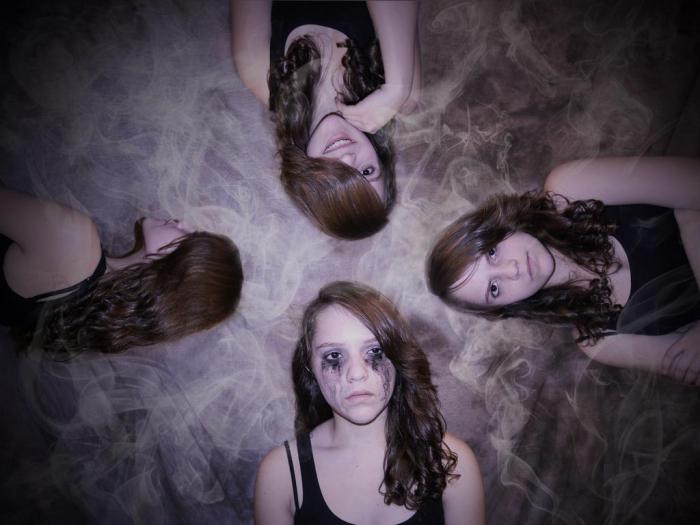
Atypical antipsychotics (atypical antipsychotics) is a new class of drugs whose most common difference from classical (typical) antipsychotics is a lower degree of affinity for dopamine D2 receptors and the presence of a multi-receptor binding profile (affinity for other types of receptors). This is due to their pharmacological properties, making them more "soft", in general, more easily tolerated drugs.
Cariprazine, lurasidone, olanzanpine, a combination of olanzanpine with fluoxetine and quetiapine - demonstrated the ability to significantly reduce the severity of symptoms in acute depressive episodes that started with a bipolar affective disorder (BAP). The severity of symptoms before and after treatment was assessed according to the Montgomery-Åsberg Depression Rating Scale and the Clinical Global Impressions-Bipolar Scale. All these antipsychotics caused a response to treatment and allowed to achieve remission reliably more often than placebo.
Aripiprazole and ziprasidone were insignificantly different from placebo in terms of fighting depressive symptoms, getting a response to treatment and achieving remission.
To improve the quality of depression treatment in people with bipolar disorder, the results of a new meta-analysis should be considered simultaneously with the side effects of each particular drug and the individual characteristics of the individual patient, such as sensitivity to adverse effects and clinical urgency, the researcher notes.

 Cart
Cart

